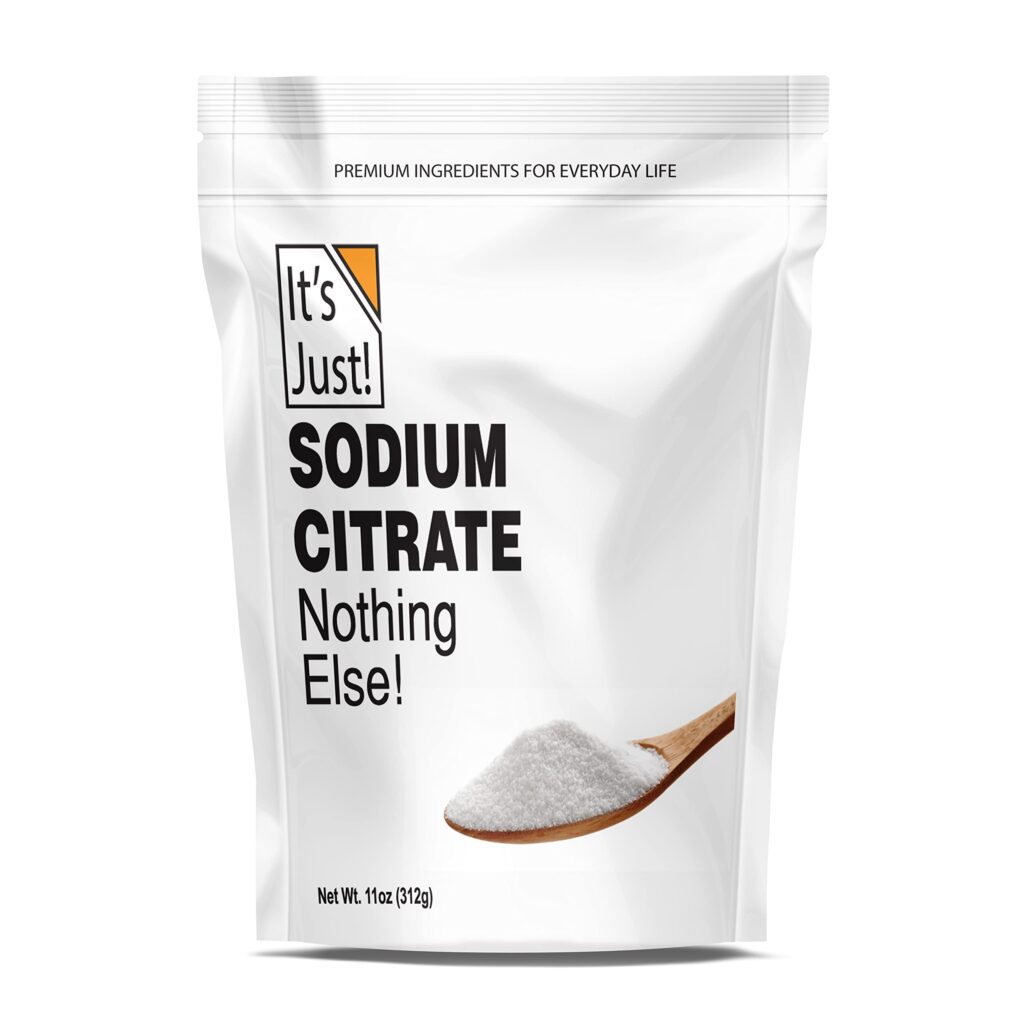Salt is a basic ingredient used in kitchens worldwide to enhance food taste and for preservation. Sodium and chloride ions form salt’s chemical name, sodium chloride. Although high sodium consumption is harmful, its moderate use is necessary for the functioning of human bodies. 1,500-2,300 mg is the daily recommended sodium intake. It regulates blood pressure, maintains cells’ fluid balance, and helps in nerve function. Salt is a great preservative due to osmosis. It withdraws moisture and inhibits the growth of bacteria, preventing food spoilage. Being cautious about processed foods and salt use in cooking helps avoid long-term health risks.
The Importance of Salt: From Enhancer to Preserver
Salt is a basic ingredient found in most kitchens around the world. It is added to enhance the taste of food, as well as for preservation purposes. Its chemical name is sodium chloride, and its composition is made up of sodium and chloride ions.
Nutritional Value of Salt
Salt is often criticized for its high sodium content, which can lead to high blood pressure and an increased risk of heart disease. However, it is important to note that salt, in moderation, is necessary for our bodies to function properly.
Sodium is an essential mineral that helps regulate blood pressure, maintain proper fluid balance in cells, and allow nerves to function properly. Chloride, on the other hand, is important for proper digestion and the production of stomach acid.
The recommended daily intake of sodium for adults is between 1,500 and 2,300 milligrams, which is roughly the equivalent of one teaspoon of salt. However, many people consume much more than this amount, as salt is found in many processed foods and restaurant meals.
The Enhancing Properties of Salt
Salt is commonly added to food to enhance its flavor. When added in the right amount, it can bring out the natural flavors of ingredients and make them more enjoyable to eat. For example, a pinch of salt can transform a bland tomato into a burst of flavor.
Salt can also balance out overly sweet or sour flavors, making dishes more palatable. In baking, salt helps to regulate the chemical reactions that occur, creating a more even rise and flavor distribution in the finished product.
The Preservative Properties of Salt
In addition to enhancing the taste of food, salt also has preservative properties. Salt draws out moisture from food through a process called osmosis, which inhibits the growth of bacteria and other microorganisms that can spoil food.
In fact, salt has been used as a preservative for centuries. In ancient times, meats and fish were salted as a way to preserve them for long journeys and periods of drought. Today, salt is still commonly used to preserve foods such as pickles, sausages, and cured meats.
The Importance of Moderation
While salt has many benefits, it is important to use it in moderation. Excess salt intake can lead to high blood pressure, which is a major risk factor for heart disease, stroke, and kidney failure.
One way to reduce salt intake is to prepare meals at home using fresh ingredients and limiting the use of processed foods. When using salt in cooking, it is important to use it sparingly and taste as you go to avoid over-seasoning.
The Bottom Line
Salt is a versatile ingredient that plays an important role in both enhancing the flavor of food and preserving it. While it is necessary for our bodies to function properly, it is important to use it in moderation to avoid health risks. By using fresh ingredients and limiting the use of processed foods, we can enjoy the benefits of salt while maintaining a healthy lifestyle.
